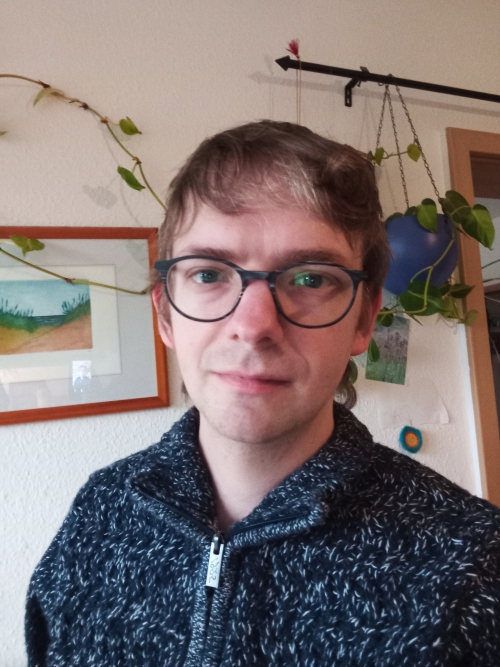
Katrina Keefer is a scholar of African identity and slavery with particular interest in how individuals situate themselves within broader communities and groups. Her major research projects are in the digital humanities, and she has developed a method of discerning the origins of enslaved individuals by ‘reading’ the body and facial marks they were given in the continent. Keefer presently leads an international team which is reconstructing a visual catalogue of known slave brands to understand the complex economic relationships which drove the slave trade. Keefer is also a game developer– she is fascinated by how Africa and its past are represented within virtual worlds, and works to develop games which challenge stereotypes.
Freedom and Slavery: Navigating Player Experiences in the 18th century Sierra Leone Estuary
FROG 2022 – Talk
Bunce Island: Through the Mirror is set during the 18th century in the Sierra Leone estuary at the height of the trans-Atlantic slave trade within the region. Developed to bring players into a carefully reconstructed historical past, we have been developing the project to meet multiple audience needs through a process of collaborative co-authorship. Through this process, two major drives have become apparent based on audience: the desire to learn more about the trans-Atlantic slave trade, and the desire to foreground precolonial African nations and systems. For stakeholders within Africa, the conflation of the African continent and the trans-Atlantic slave trade can be grating and a reduction of complex heritages into one major trauma, while for the descendants of that trade, the desire to reconnect with the courage of their ancestors who survived the trade is central. This binary has shaped our process of development and decision making as we build branching narratives and broad story arcs. This paper will explore that process and the ramifications around it, offering a case study into development and scholarly inquiry around freedom within a game’s narrative. With a game which so explicitly revolves around a period of intense slave trading, managing these two major audience pressures is complex. This paper will discuss strategies to allow players a sense of perceived autonomy and decision-making within the game space, facilitating both exploration and narrative. We will also explore the approaches we are bringing to prohibit bad faith users from enacting violence against enslaved characters while balancing player immersion and historical accuracy. The topic of this game is one which evokes strong emotions and engages with a complex past of oppression and resilience – how we engage with the freedom of our players is the foundation of a dignified representation of a painful history.










